Life
Sign up for our newsletter
We summarize the week's scientific breakthroughs every Thursday.
-
 Animals
AnimalsWhy Labrador retrievers are obsessed with food
A genetic variant could explain obesity trends seen in Labrador retrievers.
-
 Neuroscience
NeuroscienceA breakdown product, not ketamine, may ease depression
Ketamine’s breakdown product, not the drug itself, eases depression, a mouse study suggests.
-
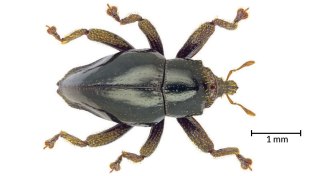 Animals
AnimalsNew species of hairy weevil named after Chewbacca
A new weevil species,Trigonopterus chewbacca, joins the ranks of insects with a Star Wars moniker.
-
 Life
LifeStudying cheese reveals how microbes interact
Microbiologist Rachel Dutton uses cheese rinds to study how microbes form communities.
-
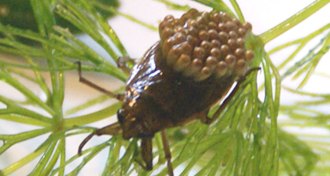 Animals
AnimalsMale giant water bugs win females by babysitting
Female giant water bugs prefer males already caring for eggs, an evolutionary force for maintaining parental care.
By Susan Milius -
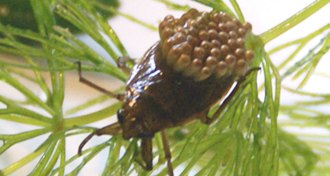 Animals
AnimalsMale giant water bugs win females by babysitting
Female giant water bugs prefer males already caring for eggs, an evolutionary force for maintaining parental care.
By Susan Milius -
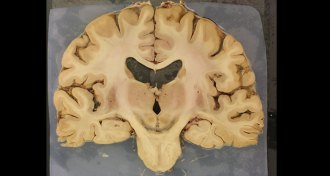 Neuroscience
NeuroscienceEvidence conflicts on iron’s role in Parkinson’s disease
Experiments yield conflicting results about whether vulnerable nerve cells have too much or too little iron.
-
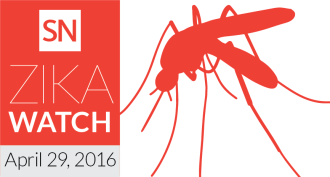 Health & Medicine
Health & MedicineThis week in Zika: Haiti hit early, possible monkey hosts, and more
A new test for Zika, how Haiti fits into the outbreak timeline, a look at monkeys that can carry the virus, and more in this week’s Zika Watch.
By Meghan Rosen -
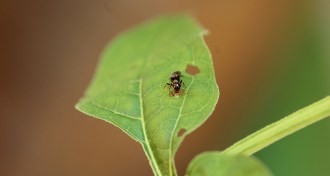 Plants
PlantsNightshade plants bleed sugar as a call to ants for backup
Bittersweet nightshade produces sugary wound goo to lure in ant protectors that eat herbivores, researchers have found.
-
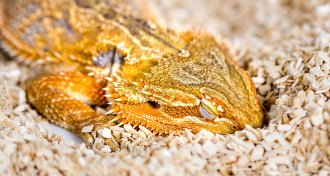 Animals
AnimalsDragons sleep like mammals and birds
Some lizards may sleep in the same way as mammals and birds, a new brain wave study finds.
-
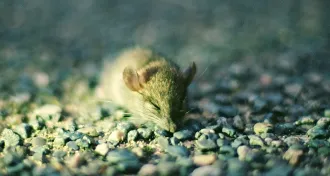 Neuroscience
NeuroscienceIons may be in charge of when you sleep and wake
The recipe for sleep and wake may depend on ions.
-
 Animals
AnimalsChemical behind popcorn’s aroma gives a bearcat its signature scent
Bearcats smell like popcorn. Now scientists now why: The chemical responsible for popcorn’s alluring scent has been found in bearcat pee.